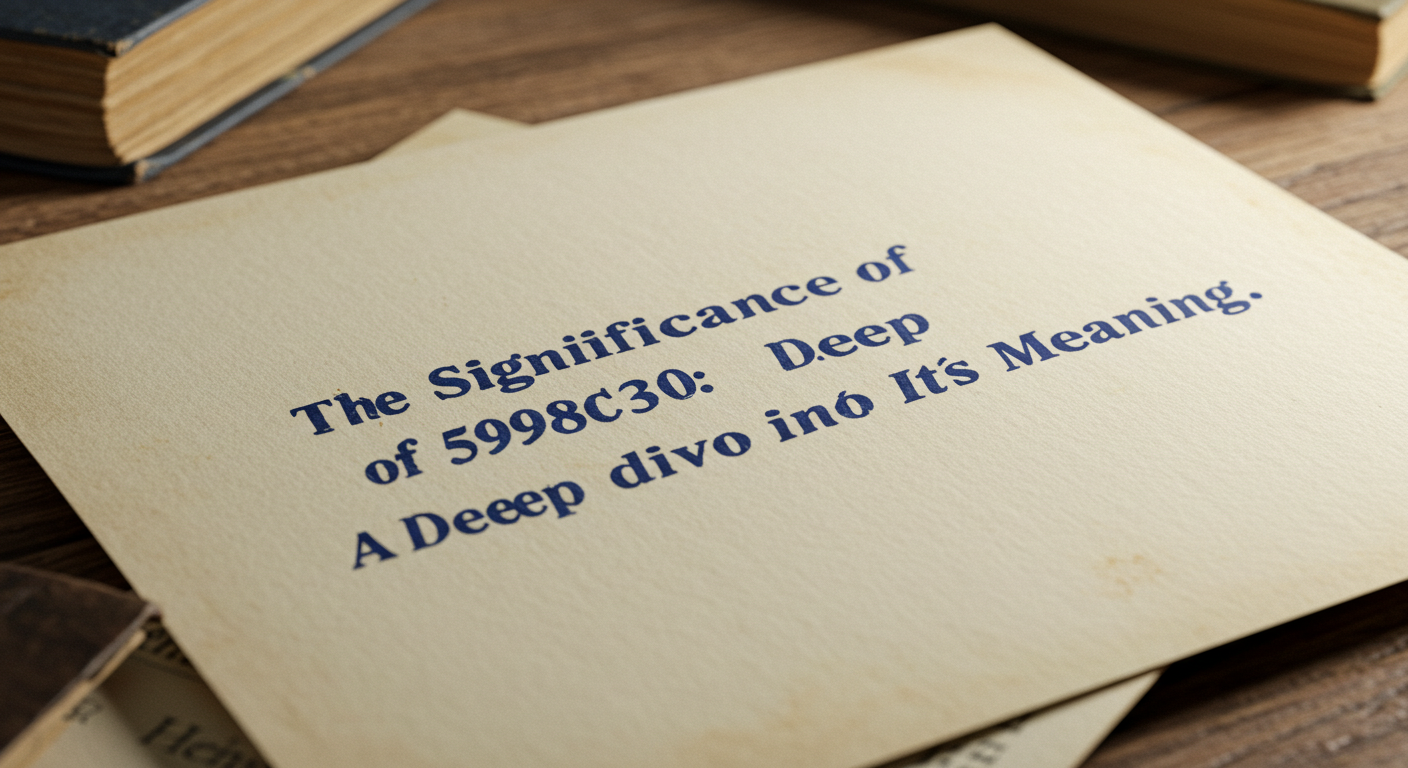In our rapidly evolving world, certain concepts, ideas, and traditions endure across centuries, shaping the way we view the world and our place in it. One such concept is Erothtos, a term rich in history and culture that offers profound insights into various fields of study. Understanding Erothtos is more than just grasping a definition—it requires an exploration into its multifaceted roles, its deep-rooted significance, and its lasting influence.
In this guide, we will embark on a detailed exploration of Erothtos, uncovering its origins, uses, and significance. Whether you are a student of culture, philosophy, or language, this article provides an all-encompassing view of this essential concept.
The Origins of Erothtos
The term Erothtos has its origins in ancient texts, where it was first noted in Greek literature. Derived from the word “Eros,” which means desire or love, Erothtos embodies a more intricate and profound interpretation of connection and longing. Historically, it was associated with philosophical discourses, where it signified a type of longing that was not merely physical but also intellectual and spiritual in nature. Over time, Erothtos evolved, transcending its origins to take on different meanings in various cultural and intellectual contexts.
The exact origin and early uses of Erothtos can be traced back to classical philosophers who used the term to describe the pursuit of knowledge and truth—an intellectual form of longing. Erothtos was not confined to the physical realm, but rather spanned across the metaphysical and spiritual dimensions. It symbolized a yearning that transcended superficial desires, appealing to a deeper, more meaningful engagement with the world.
The Role of Erothtos in Ancient Philosophy
In ancient philosophy, Erothtos was a central theme for many scholars, particularly in the works of Plato and Aristotle. Plato used Erothtos to describe the soul’s longing for wisdom and truth, a desire that led to the pursuit of knowledge. This yearning was not to be confused with mere desire or lust; instead, it was a pure and noble pursuit that drove the soul toward higher forms of understanding.
For Aristotle, Erothtos was tied to the concept of eudaimonia, or flourishing. This concept suggests that a person’s true happiness and fulfillment are found in the pursuit of excellence and virtue. Thus, Erothtos was not just a philosophical term—it was a guiding principle that encouraged individuals to seek out a life of virtue, wisdom, and meaningful connection.
Modern Interpretations of Erothtos
As we move into more contemporary times, the concept of Erothtos has been adapted to fit into the modern worldview. In literature and art, Erothtos continues to be a prominent theme, representing the longing for something unattainable, the pursuit of higher knowledge, or a deeper connection with humanity. It has influenced many modern-day works in philosophy, art, and literature, serving as a bridge between the ancient world and contemporary thought.
In psychology, Erothtos is often seen as a symbol of human desire for growth and self-improvement. It represents a deep, inner yearning that goes beyond physical needs and taps into the emotional and intellectual aspects of human existence. Many psychological theories have used the concept of Erothtos to describe the internal drive for personal development and self-actualization.
Erothtos in Cultural Contexts
Throughout history, has played a significant role in various cultural traditions. It has been depicted in art, music, and literature as an essential part of the human experience. In Greek mythology, was often associated with the gods and their relationships with humans. It symbolized the deep, spiritual bonds that transcended the mortal realm and connected individuals to the divine.
In modern culture, continues to appear in many forms, from poetry to film, often representing the longing for connection, truth, and transcendence. Its significance is not only seen in intellectual contexts but also in artistic expressions, where it is often depicted as the driving force behind human creativity and exploration.
The Impact of Erothtos on Modern Society
In today’s world, the significance of can be observed in various aspects of life, including education, personal development, and even social connections. The desire for knowledge, the pursuit of personal growth, and the search for meaningful connections all reflect the enduring influence of .
also plays an essential role in the realm of spirituality and personal enlightenment. Many spiritual traditions emphasize the importance of longing or yearning as a means to connect with higher truths or divine forces. In this way, serves as a bridge between the physical and spiritual worlds, guiding individuals in their quest for purpose and fulfillment.
How Erothtos Influences Relationships
In the context of relationships, is often linked to the deeper emotional and spiritual connections that bind people together. It’s not just about romantic or physical desire; rather, emphasizes a longing for genuine connection and understanding. Whether in friendships, familial bonds, or romantic relationships, represents the inner desire to truly know and be known by others.
This deeper form of connection fosters empathy, compassion, and understanding, which are essential elements in any meaningful relationship. Through , individuals are able to transcend surface-level interactions and engage with others on a deeper, more authentic level.
Conclusion: The Enduring Significance of Erothtos
As we’ve explored, is not just a simple concept—it is a profound and multifaceted idea that has shaped philosophical thought, artistic expression, and cultural traditions for centuries. Its significance spans beyond mere desire, representing a deep yearning for knowledge, connection, and self-actualization. From its origins in ancient philosophy to its continued presence in modern culture, serves as a reminder of the human quest for something greater than ourselves.
Whether you encounter Erothtos in literature, philosophy, or art, its message remains clear: the longing for connection, truth, and meaning is a central part of the human experience, and it is through this yearning that we are able to grow, evolve, and achieve fulfillment.
Frequently Asked Questions (FAQs)
-
What is Erothtos? is a term that represents a deep, intellectual, and spiritual longing for knowledge, connection, or truth. It goes beyond physical desires and signifies a pursuit of higher understanding.
-
How does Erothtos differ from Eros? While Eros refers to physical desire or romantic love, is a more profound longing that encompasses intellectual and spiritual aspects of the human experience.
-
Why is Erothtos important in philosophy? Erothtos is central to many philosophical discussions as it represents the soul’s desire for wisdom and truth, guiding individuals towards higher forms of understanding and self-realization.
-
Can Erothtos be found in modern culture? Yes, continues to influence modern literature, art, psychology, and even relationships, representing the universal human yearning for growth and deeper connections.
-
How can Erothtos enhance relationships? In relationships, symbolizes a deeper emotional and spiritual connection, fostering empathy, understanding, and authentic bonds.
-
Is Erothtos relevant today? Absolutely. remains a vital part of contemporary discourse, influencing fields ranging from philosophy to personal development, art, and spirituality.











![Fapeeli is Revolutionizing the Way We Think About [Associated Concept]](https://kerrybaked.com/wp-content/uploads/2025/06/plant-growing-from-soil_23-2151729614.avif)



Leave a Reply